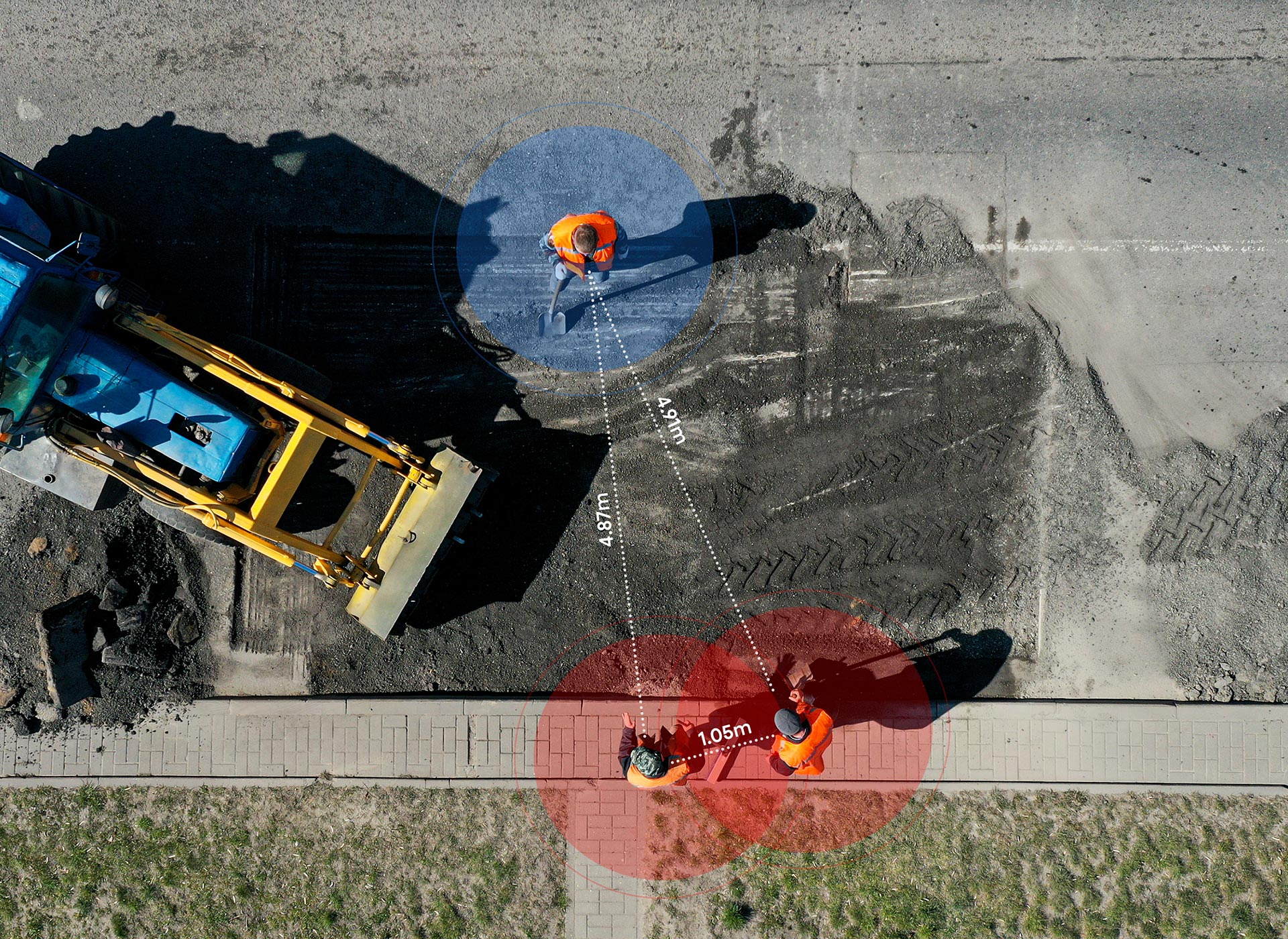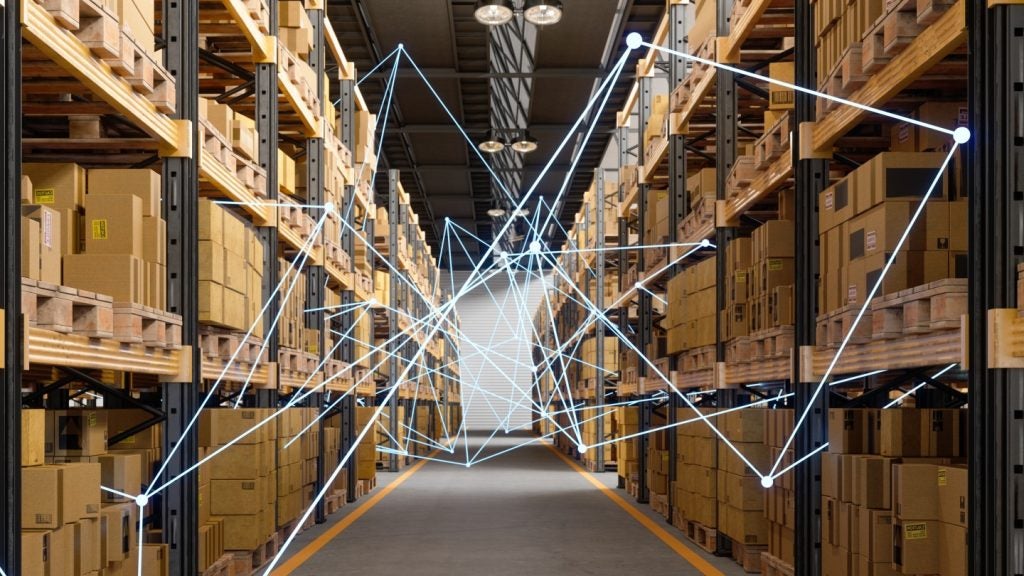
Limiting numbers of people in a given space is seen as essential to maintaining social distancing in the wake of the first wave of the coronavirus, in order to prevent it from spreading and causing new cases of Covid-19.
Just as retailers and restaurants are limiting the number of customers entering their locations at any one time, local authorities are also seeking a way to safely re-open public spaces such as playgrounds and beaches as stay-at-home restrictions in Europe are gradually lifted.
While people-counting sensors at doorways and gates are useful in spaces with controlled or dedicated entry points, open spaces are more difficult to monitor – especially in public seaside environments where visitors arrive from multiple directions and where access is not tightly controlled.
Cameras to help maintain social distancing in Belgium
In Belgium, mobile operator Citymesh has contracted with tourism authorities in West Flanders to deploy up to 250 connected cameras, each hung at a height of four to five meters on the seawall (and in adjacent streets) to monitor crowd sizes along the coast. Real-time video images from the cameras are used by AI-enabled analytics software to draw virtual lines in order to count people between locations.
It is not clear what type of connectivity is being used to transmit images from the cameras (or whether the application server is hosted on the network edge or in the cloud), but Citymesh is the number four mobile operator in Belgium – with licensed 4G and private 5G network solutions – and has experience installing and operating public WiFi connectivity, too.
Already drawing scrutiny by Belgian data protection authorities over privacy concerns, Citymesh says the video images will not be viewed by people; nor will they be saved. Furthermore, the cameras being deployed would not be capable of supporting facial recognition applications. While the cost of the deployment was not disclosed, it is reportedly lower than the cost of hiring temporary staff to do the monitoring manually.
How well do you really know your competitors?
Access the most comprehensive Company Profiles on the market, powered by GlobalData. Save hours of research. Gain competitive edge.

Thank you!
Your download email will arrive shortly
Not ready to buy yet? Download a free sample
We are confident about the unique quality of our Company Profiles. However, we want you to make the most beneficial decision for your business, so we offer a free sample that you can download by submitting the below form
By GlobalDataTelecom systems may be used in Spain
Elsewhere, Telefonica says it has developed a similar solution using connected cameras and 4G connectivity to prevent crowding on beaches in Spain, where authorities plan to open beaches on 1 July. Local authorities have been told by the government to enforce social distancing measures, and the incumbent operator is now offering its services to help them do that.
Telefonica’s system uses software to calculate the occupancy rate of spaces in real time, enabling the enforcement of a defined maximum number of beach visitors to avoid congestion leading to the spread of the virus. Claiming 99% reliability, the solution comes with a user control panel with a map showing occupancy rates and apps for admin personnel for real-time alerting. Like Citymesh, Telefonica says the solution will not record images or store any personal data.
Using connected devices to count people is not new; beacon technology has long been used in retail for people tracking, and local authorities have used other solutions like scanning for WiFi signals from smartphones to determine crowd sizes. Video analytics has also been around for a while, used in public safety and security applications, but these initiatives on Europe’s coastlines may be the first to be deployed specifically for public health and to limit – rather than simply count – crowd capacity.
If they are as reliable as Telefonica says, they could be handy off the beach as well, monitoring and/or limiting crowds in other open spaces including public squares, parks, playgrounds, venues, and festivals. While it may seem like a tactical or even temporary requirement during these unprecedented times, future standards for health and safety in public spaces could change based on what the world is going through right now, making real-time but automated and anonymous capacity-limiting solutions a longer-term investment.





